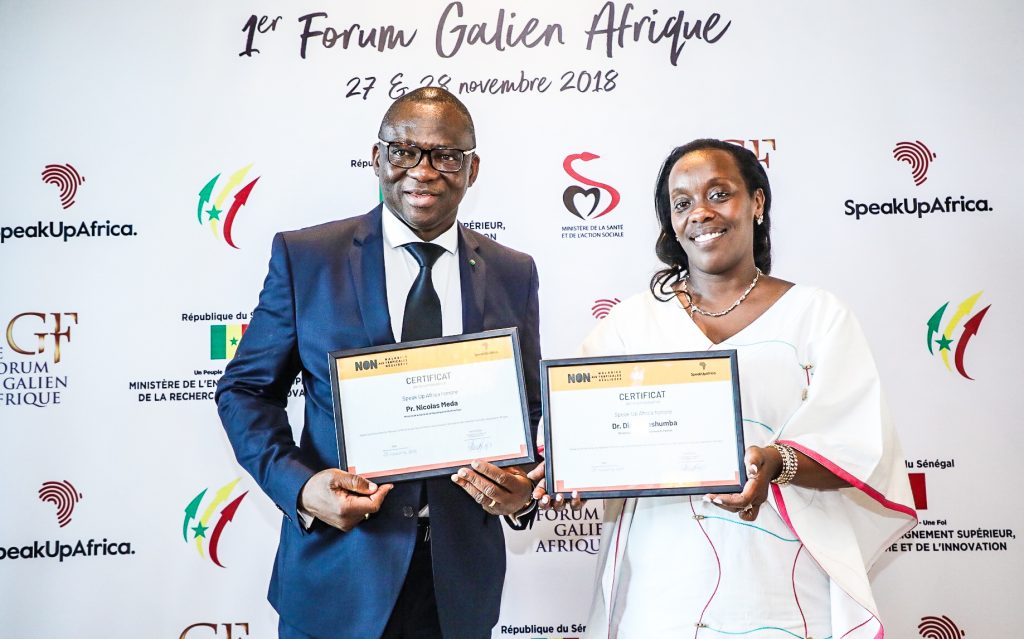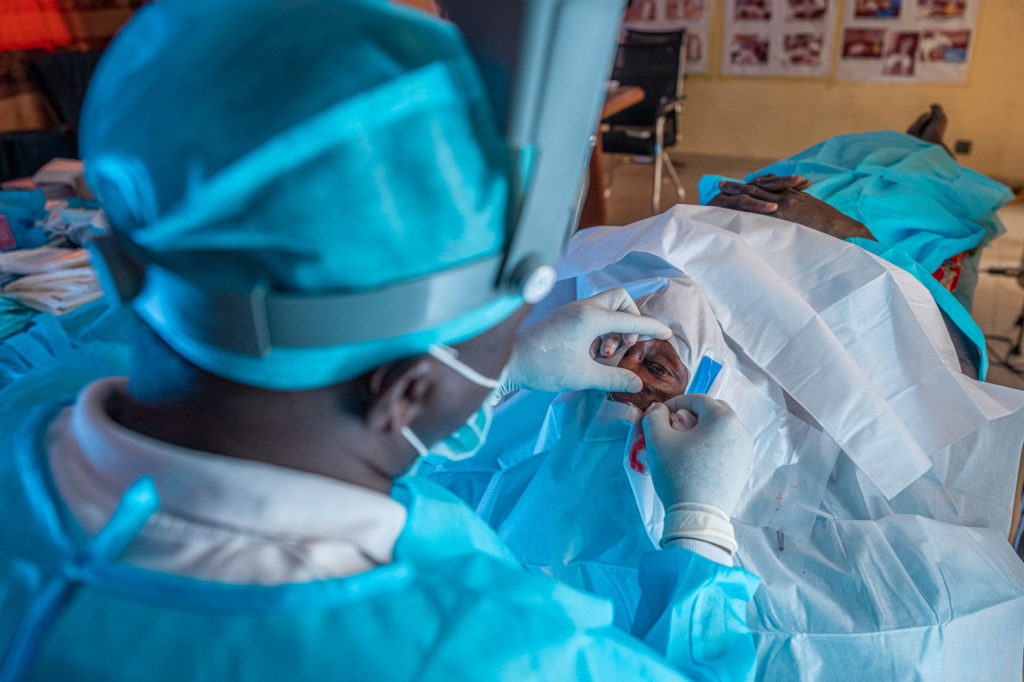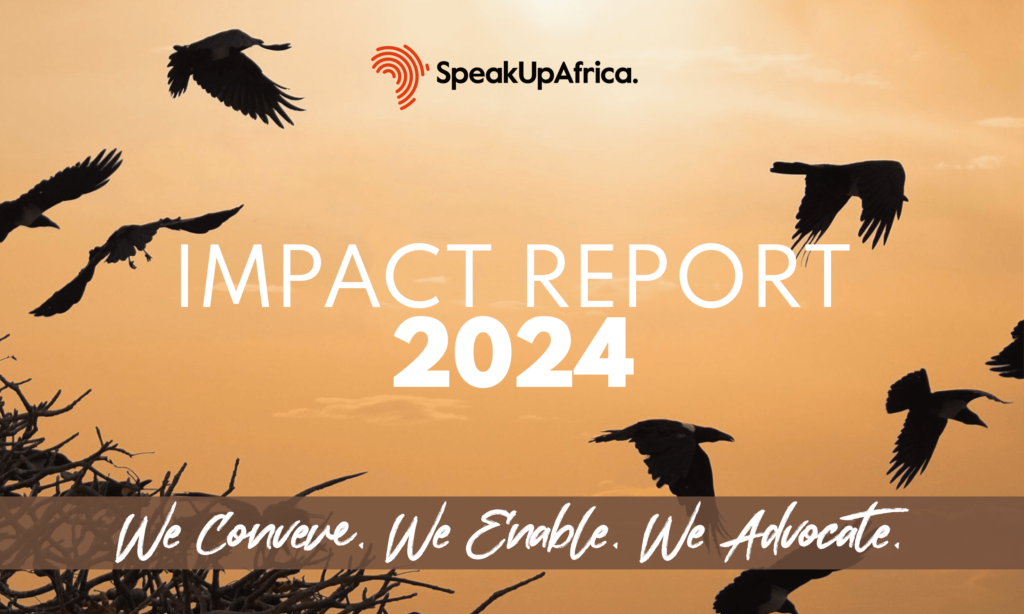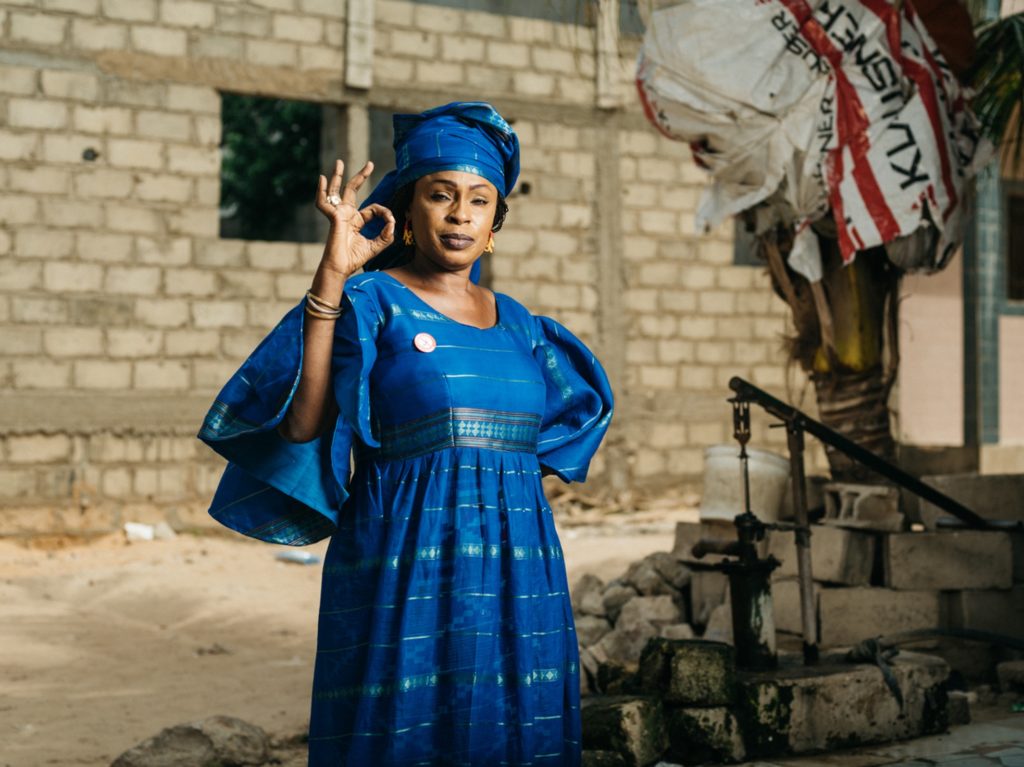No to Neglected Tropical Diseases: Speak Up Africa launches a movement to eliminate neglected tropical diseases in Africa

Dakar, Senegal – At the first Galien Forum Africa, held on November 27-28, the policy and advocacy action tank, Speak Up Africa launches a multisectoral platform designed to accelerate the elimination of Neglected Tropical Diseases (NTDs) in Africa.
NTDs are a group of communicable diseases that affect 1.58 billion people globally, 39% of whom live in Africa. Even though these diseases can be prevented and treated, they continue to cause severe disfigurement and other long-term disabilities that create obstacles to education, employment, economic growth and overall development. With more than one hundred dignitaries from the health and development sector attending the high-level event, Prof. Awa-Marie Coll-Seck underlined the need to find innovative ways to finally put an end to these debilitating diseases that jeopardize the future of our children.
Combating NTDs and reaching all communities in need can put countries on the pathway to achieving universal health coverage. Where there is poverty, NTDs are commonly an accepted part of life. But this is not inevitable, nor should we accept it. Togo, ranked 165 of 189 countries on the human development index, recently became the first sub-Saharan African country to eliminate lymphatic filariasis. Similarly, Burkina Faso, which is ranked 183 of 189 countries, with nearly 12.5 million individuals at risk of five NTDs that can be treated by preventive chemotherapy (PC-NTDs), achieved nearly 90% overall coverage in 2016.
“We have all the technical means to achieve the elimination of NTDs, from the diagnostics to prevention and treatment tools. What we need now is to rally behind partnerships like ESPEN at the World Health Organization, which contributes to financing the mass drug administration at the community level, and mobilize all sectors of society to demand an unconditional commitment to the elimination of these debilitating diseases. I believe campaigns such as No to NTDs bringing together governments, technical partners and civil society is key to moving us closer to our NTD elimination goal.” said Prof. Nicolas Meda, Minister of Health of Burkina Faso.
As we move closer to global Sustainable Development Goals targets, strong national health systems will be critical to ensure that progress towards NTD control and elimination not only accelerates but is sustainable – recognizing that these targets can be met only with health systems that can successfully prevent, detect and treat NTDs. Through the “No to NTDs” movement, individuals, political leaders, private sector companies and civil society organizations (CSOs) come together to increase awareness, prioritization and national commitment to accelerate the control and elimination of NTDs in Africa.
“Empowered communities and civil society organizations are game-changers in health responses. The “No to NTDs” movement will strengthen the capacity and skills of CSOs for advocacy towards the acceleration of the control and elimination of neglected tropical diseases.” stated Yacine Djibo, Executive Director of Speak Up Africa.
Collaboration has always been key to solving any large-scale public health problem, and throughout the high-level event, experts and representatives echoed that this type of alliances is essential to reaching NTD elimination.
“I strongly encourage all fellow African countries to join this movement and adopt a people-centered approach to eliminate NTDs” said Dr. Diane Gashumba, Minister of Health of Rwanda.
Rwanda has come a long way in its efforts to control NTDs. Thanks to a strong NTD program based on community interventions, the country does not require treatment for diseases such as lymphatic filariasis, onchocerciasis and trachoma, and achieved a 100% treatment coverage for soil-transmitted helminths in 2016.
Today, our lengthy and challenging battle against NTDs in Africa is taking a significant turn. Join the #NoToNTDs movement and follow @SpeakUpAfrica1.


